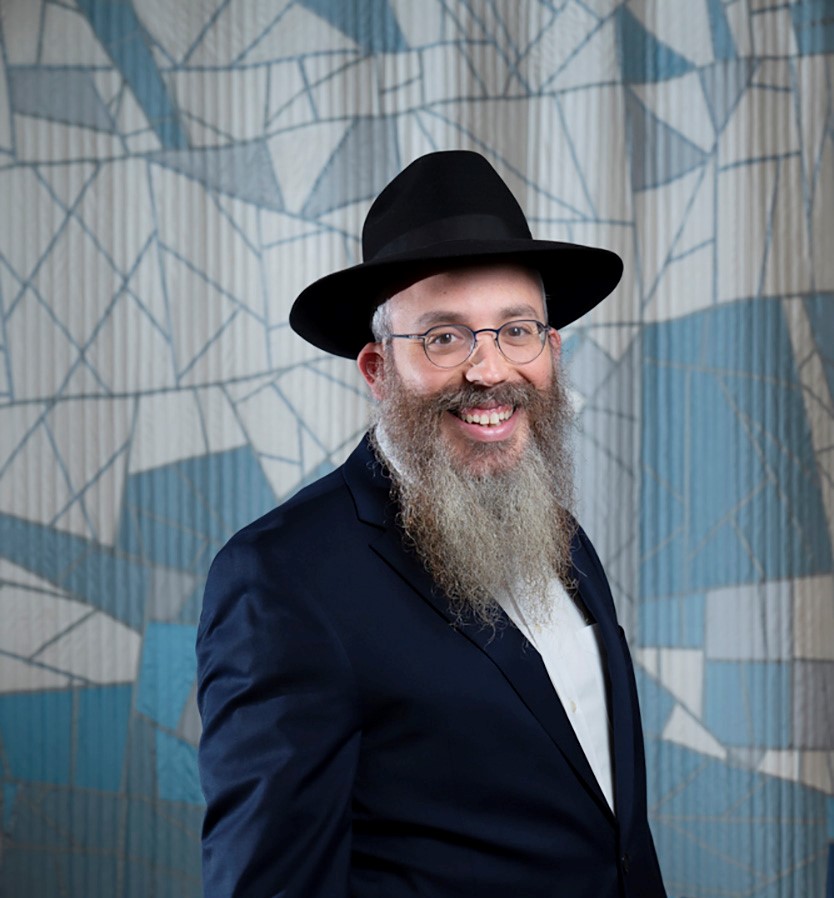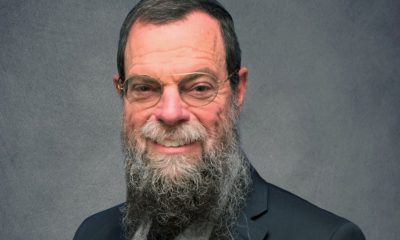
Religion

A long life is only the beginning of the blessing
“I wish you a long life!” What a heart-warming wish.
It’s one of the beautiful customs of our community, albeit one that’s expressed in times of grief and sorrow.
Growing up in the United States, I never heard it. Instead, people awkwardly tried to acknowledge the loss without a way to articulate compassion.
At the heart of this wish is an implied conviction that living a long life is a blessing, and therefore the wish of arichut yamim (a long life) is an aspirational and worthy one.
And yet, one must ask if the wish for a long life is just a part of a blessing?
Let me explain.
There’s a Chassidic tale about an individual who came to visit his illustrious rebbe and teacher. His rebbe turns to him, and wishes him a long life with many years. To which he responds, “As long as they aren’t years of living like a lowlife.”
In other words, what this fellow understood is that a long life is only the beginning of the blessing. When we fill our lives with meaning, purpose, and goodness, our lives truly become a blessing for ourselves and those around us.
What he wanted was a “long life full of intention, G-dliness, love, productivity, and growth”. A mere extension of days on this planet – living without having a life – wasn’t a blessing in his eyes.
There’s profundity and wisdom in his argument.
The Torah tells us about our patriarch, Abraham, that “he was getting older and had lived many days”. The obvious question is the redundancy of that statement, for if one is getting older, does that not imply that he had lived many days?
Not necessarily. One can be old in passport years but young in impact years. And vice versa, some people may, unfortunately, live shorter lives, yet their days are full.
Abraham had both. He lived a long life, which is a gift from G-d. And he lived a full life – the gift that we gift ourselves.
A long and a full life is a worthy wish indeed.
In the words of a special prayer “Yehi Ratzon” that’s said in many communities on Shabbat before a new Hebrew month (like last week, for example, when we blessed this magnificent new month of Sivan):
“May it be Your will, Hashem, our G-d … that you give us a long life –
A life of peace;
A life of goodness;
A life of blessing;
A life of sustenance;
A life of physical health;
A life marked by awe of heaven and fear of sin;
A life in which there is no shame of humiliation;
A life of wealth and respect;
A life in which we have a love of Torah and awe of heaven;
A life in which our hearts’ desires will be fulfilled for the good.
Amen, selah.”
As you can see, in this prayer, we don’t merely beseech G-d for a long material life, we also ask for a life marked by sheyeish bahem (awe of heaven) – we ask for it twice – fear from sin, and love of Torah.
A meaningless life is one of the most tragic of all human experiences.
In his bestseller Man’s Search for Meaning, the legendary Viktor Frankl articulated this powerfully. The title speaks for itself. A meaningful life isn’t just a nice bonus, it’s indispensable to walking this earth on two feet.
I share all this as this weekend, we will, once again, celebrate the incredible chag (holiday) of Shavuot, in which we commemorate the specific date when, 3 334 years ago, G-d introduced us to a meaningful life.
At Mount Sinai, our ancestors stood (and, according to our sages, so did the souls of all descendants, aka you and I), and the Almighty came down and taught the nation the Ten Commandments, our holy Torah. Then, for the next 120 days, he instructed Moses on the Torah’s logic, laws, and mysteries, who then shared it with the nation over the 40-year sojourn in the desert.
Just two months prior, the Hebrews had still been enslaved people under the tyranny of Pharaoh. Now, here they stood, 50 days after the exodus, and their creator introduced them to some of the most transformative ideas of all time:
That living without meaning isn’t living;
That freedom without responsibility is another form of slavery – to one’s own worst impulses and peer pressure;
That removing the yoke of slavery is only the first step on the long road to freedom. Only when we adopt a moral code and a purposeful life can we activate the freedom within us;
That man’s search for meaning is at the core of what it means to be human. We begin to actualise our humanity only when we start the search for meaning. It’s as fundamental a necessity as food, drink, and a roof over one’s head.
On the holiday of Shavuot, the creator injected meaning into a life begging for more. He provided the manual for navigating life.
If we could paraphrase, G-d told us:
“Dear human, I created you. I manufactured you with a hunger for more. Deep inside of you, I injected a soul, a piece of divinity. I formed you in My image. That’s why you’ll never be content with a life of materialism and pleasures you share with animals. You will always have this niggling feeling that there’s more to this life. I hope you’ll quench this thirst by opening up this manual I created for you. It’s called Torah. Believe me when I tell you, you couldn’t ask for more. It’s yours.
Take it;
Love it;
Learn it;
Live it.”
Life was no longer an endless void of hollow angst. Life was given a “why”.
Wishing you, your loved ones, and all of am Yisrael: chag sameach! Gut yom tov! May we receive and internalise the Torah with joy. See you in shul!
- Rabbi Levi Avtzon is the rabbi of Linksfield Shul.










